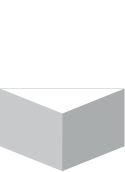Projects
This work package develops the first peace index for the Western Balkans region: The Balkan Peace Index (BPI). Specifically, the general objective of the WP1 is to establish an open-access online platform where all the relevant quantitative and qualitative data on peace, security, conflict, foreign policy, and development issues in the Western Balkan (WB) countries and territories will be gathered, analysed, and presented. The BPI encompasses six WB states: Albania, Bosnia and Herzegovina, Croatia, Montenegro, North Macedonia, and Serbia, and the territory of Kosovo. The WP1 aims to establish the BPI as a reliable and recognisable source of data for academic research on peace and security issues in the WB, an e-learning tool for higher education in the WB region, and a mechanism for informing state institutions and international governmental organisations and agencies (UN, EU, OSCE, etc.). Additionally, the BPI will work as a service platform offering public policy proposals, conflict evaluation/monitoring reports and risk assessment/early warning reports to all interested stakeholders.
WP5 is devoted to the case study of Kosovo, focusing particularly on the legal, political, societal, security and economic aspects of its international (de)recognition. We are particularly interested in learning more about Serbia’s derecognition policy and its effects. The WP5 will have several main outputs. First, it will collect and review the existing literature on (de)recognition and identify key research gaps. Second, the WP will build a comprehensive database on (de)recognition of Kosovo and make it available in a visually attractive format. Third, we will present our key findings in conference presentations, policy papers, journal articles and opinion pieces. Finally, the insights reached by the WP5 will be cross-fertillised with knowledge gained in other WPs to build a more holistic, local and context-sensitive view of peace and security dynamics in the Western Balkans.
This work package explores why and how the first generation of regional security initiatives (RSI 1.0) in the Western Balkans has had limited results in creating a regional security community, and looks at problems in its evolution. Despite the recent creation of the EU-led cooperation framework such as the Berlin Process and the intra-regionally conceived Open Balkan minilateralism, yet the extant regional security governance has not succeeded in transforming the security regime into a security community. It remains technically important but politically marginal in overcoming the legacy of the Yugoslav wars of the 1990s. Relevant RSI profiles ought to be rethought and networked in novel ways to respond holistically to the new global and strategic shocks such as the Covid-19 pandemic and the war in Ukraine, which drastically changed the security landscape in Europe. The concept of RSI 2.0 should enable rethinking the regional cooperation as stabilizing, socializing, developmental, and ultimately, societally transformative. We focus on the intersections of local ownership, bureaucratic politics, multi-stakeholder constellations and related policy problems within the region.
Institutions
Publications
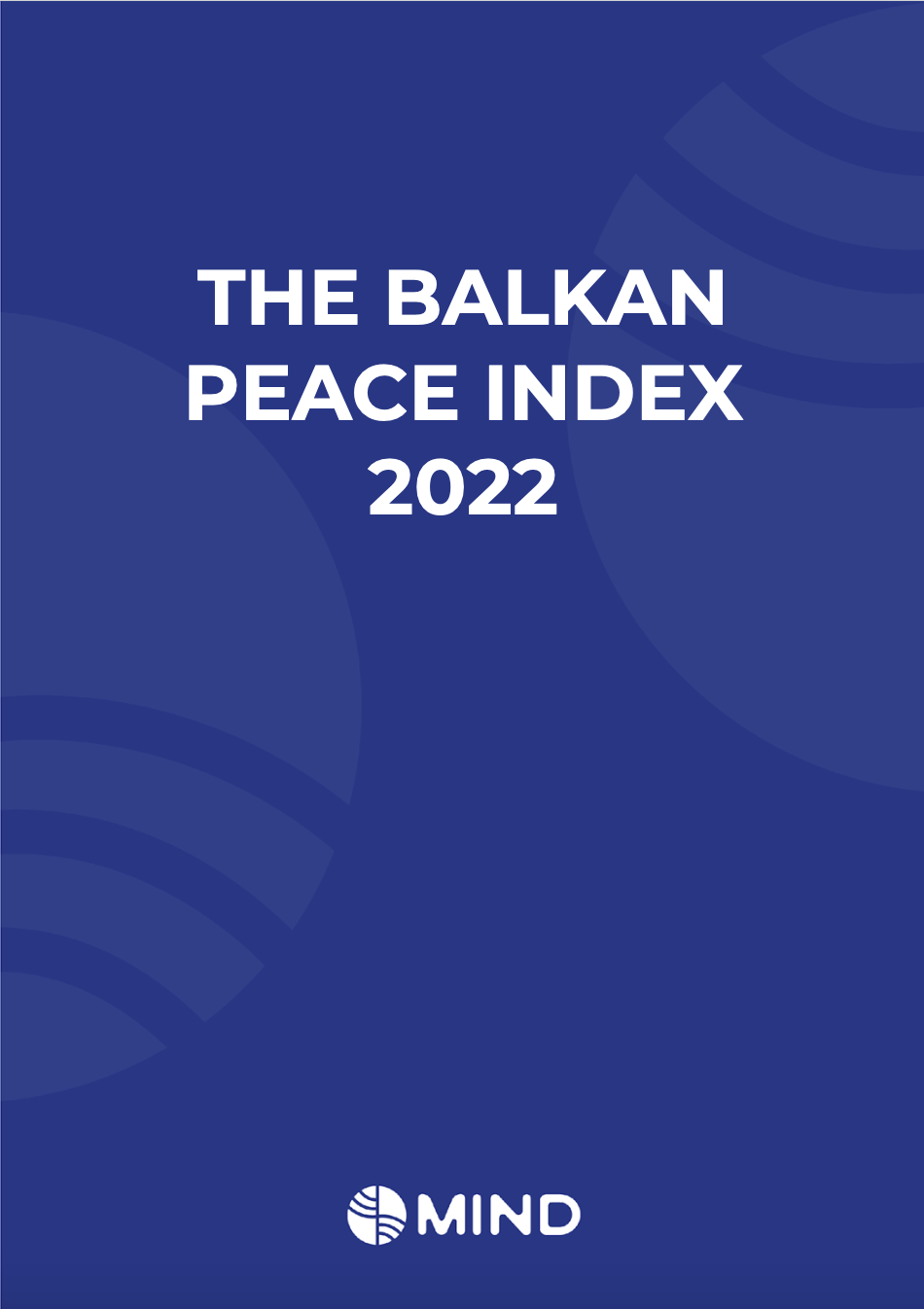
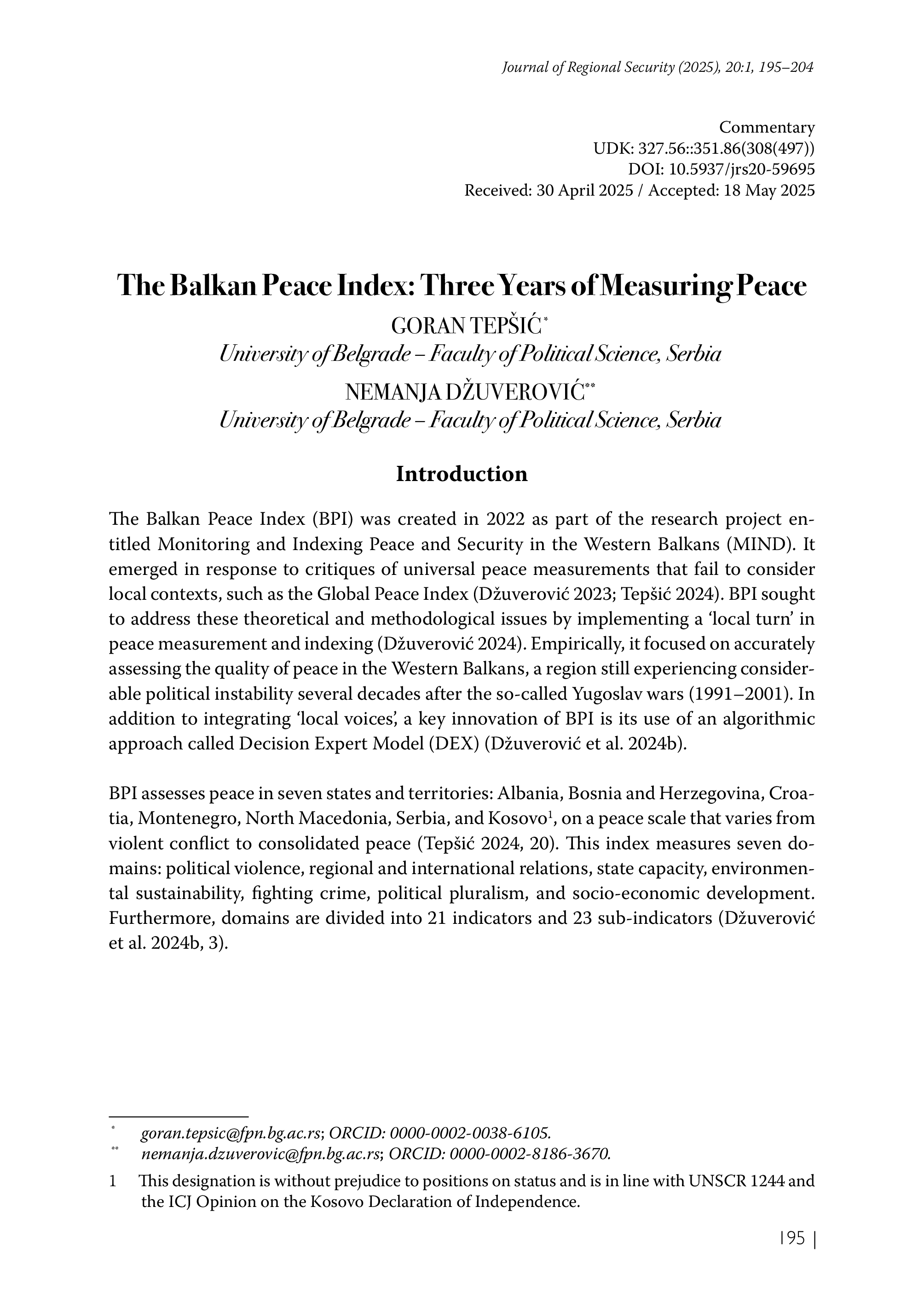
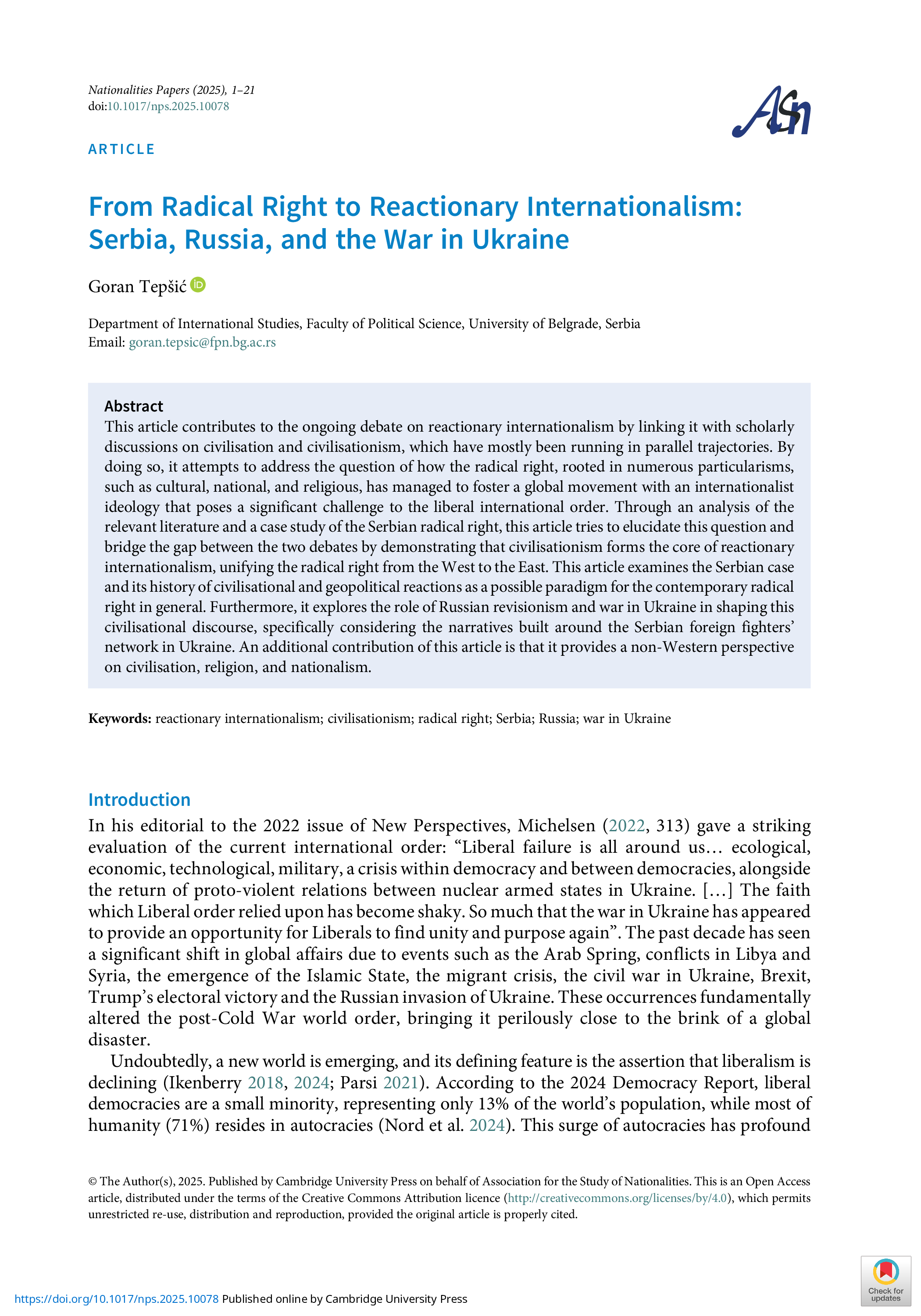


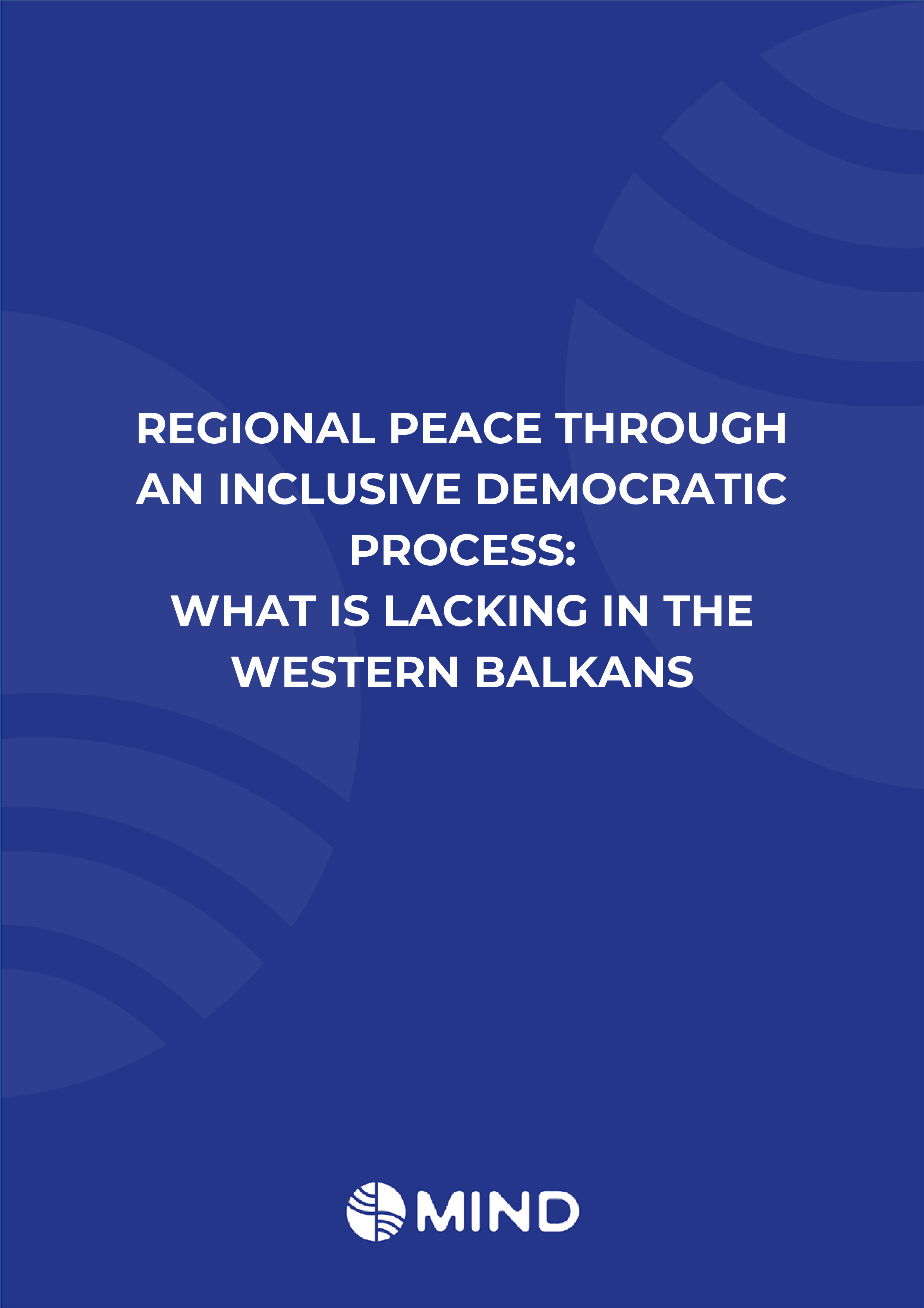
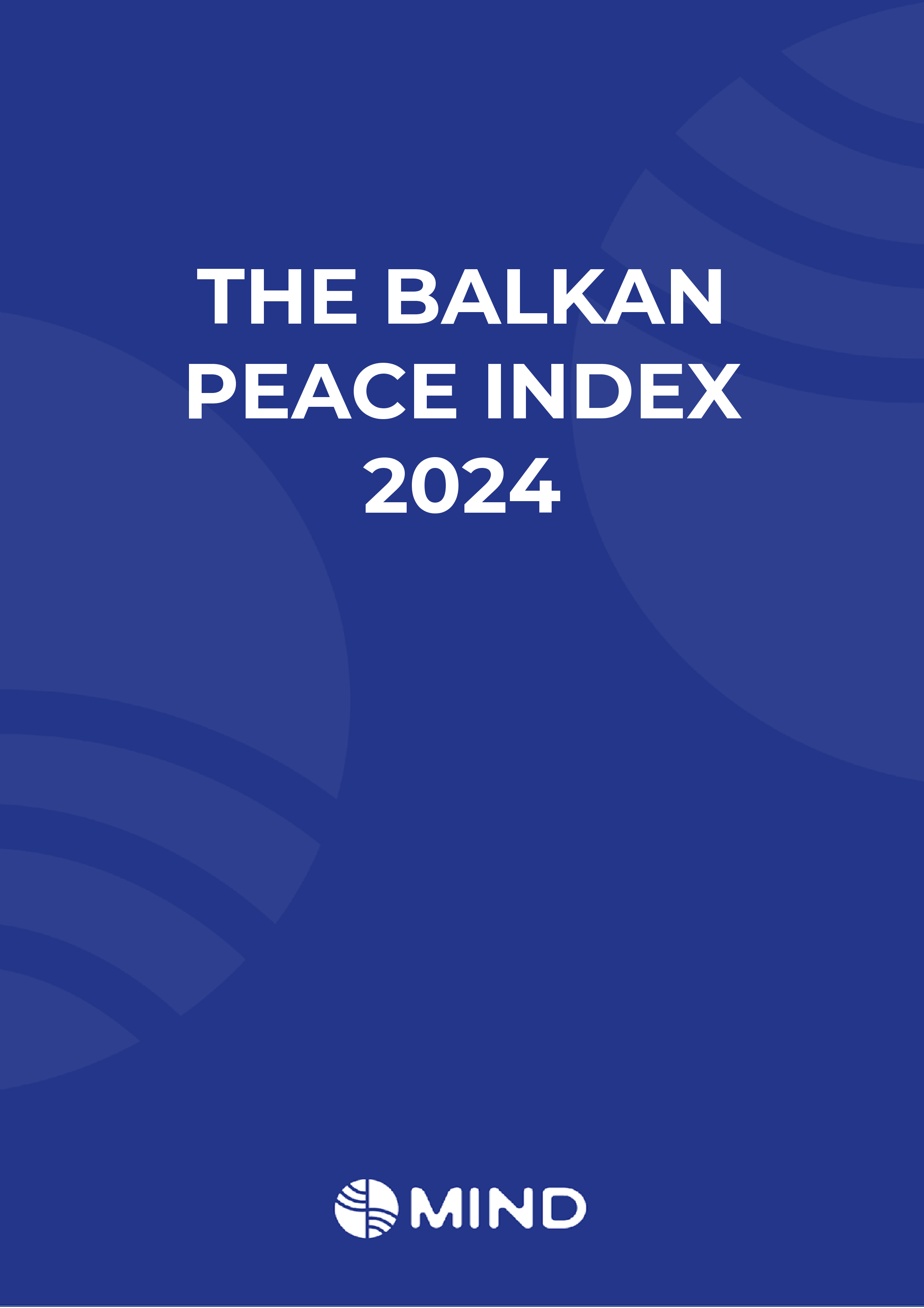
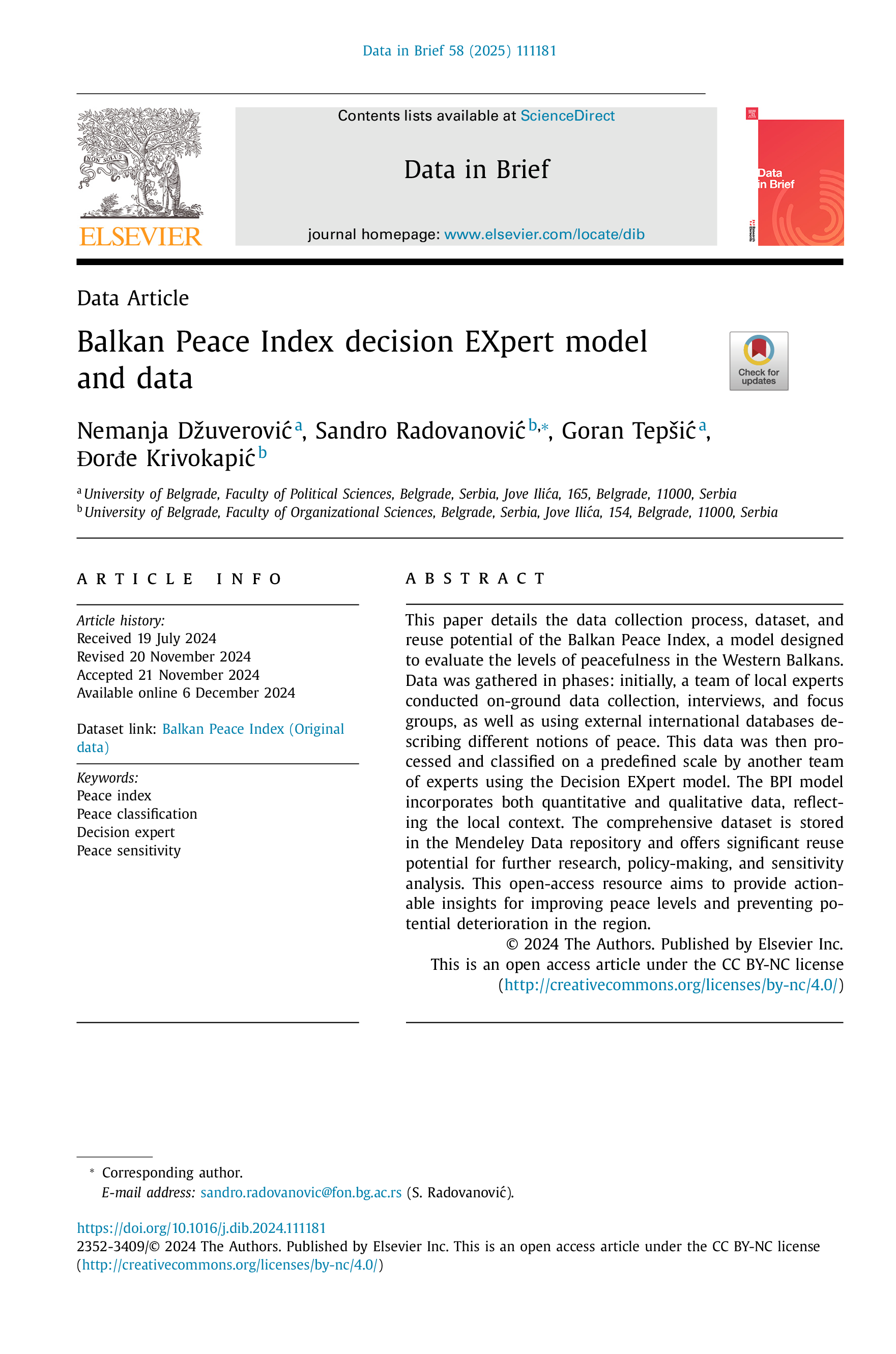
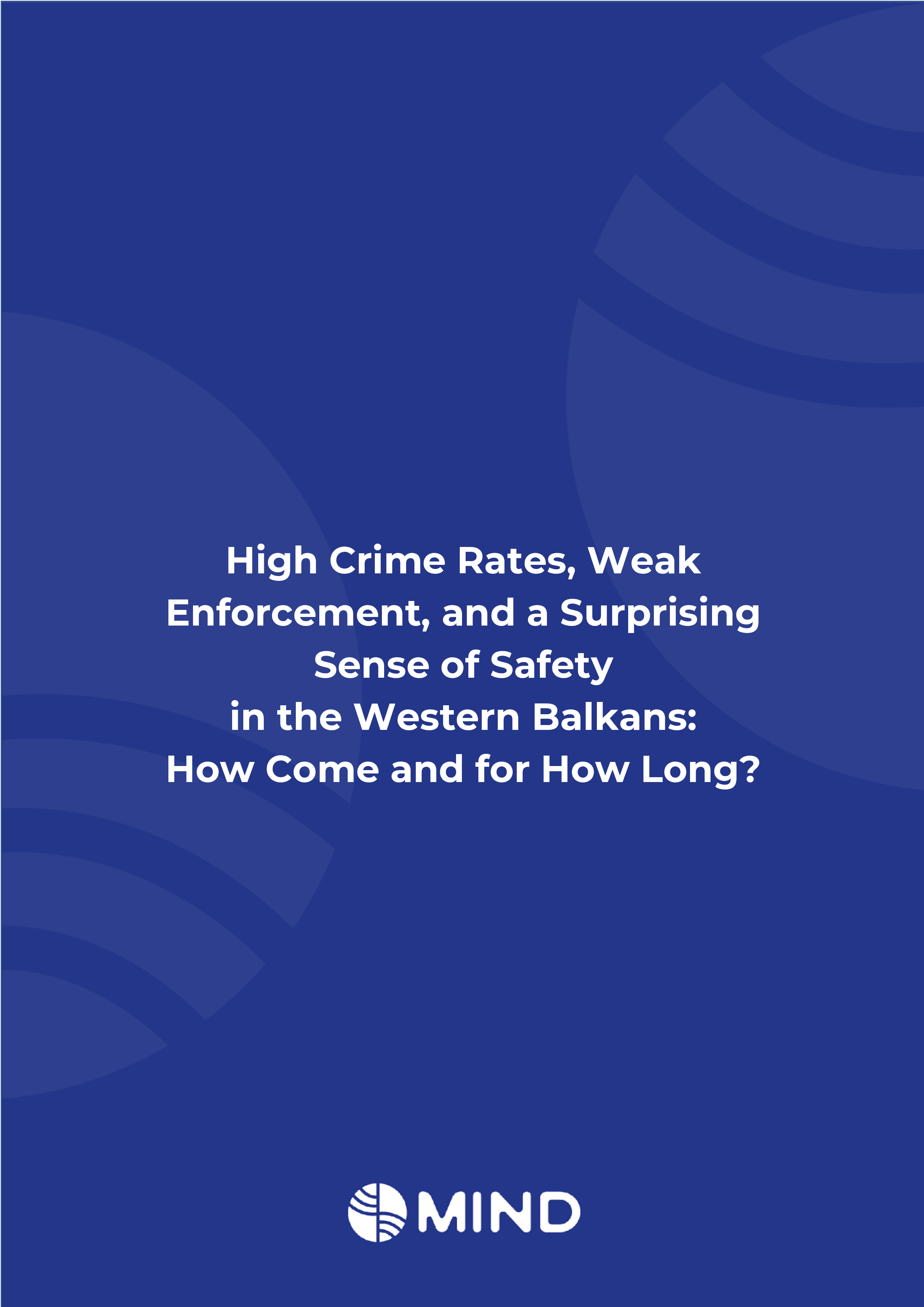
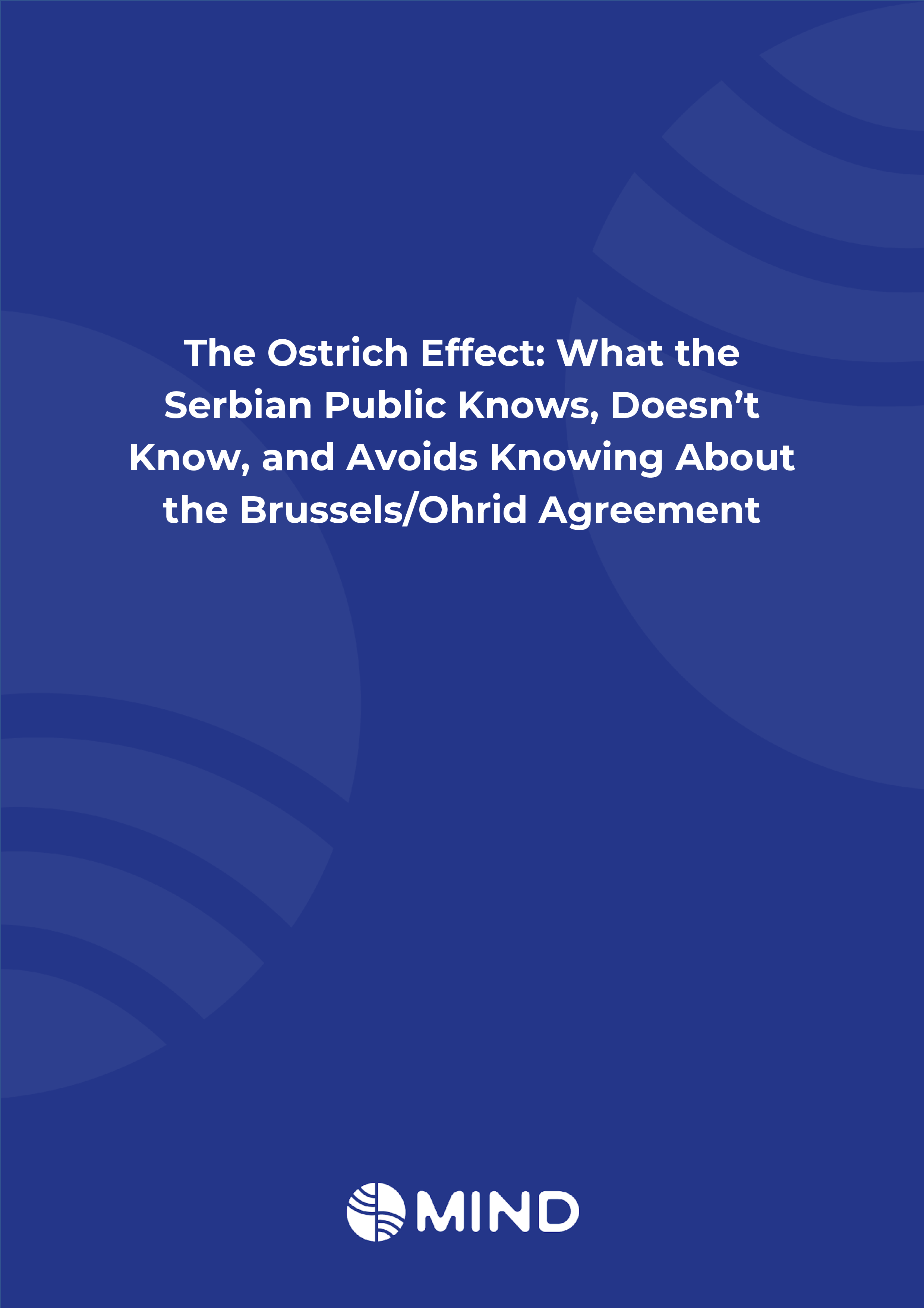
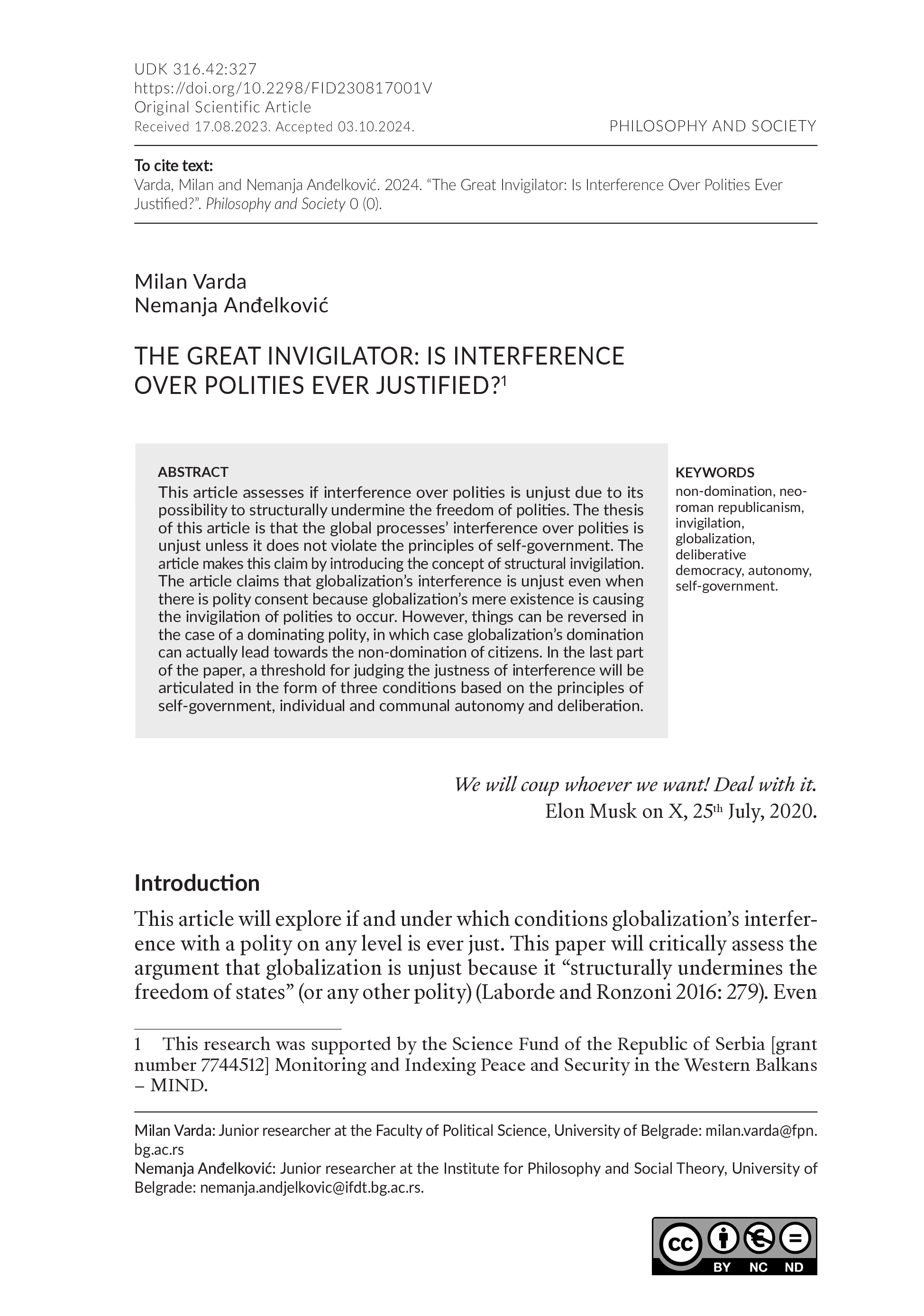
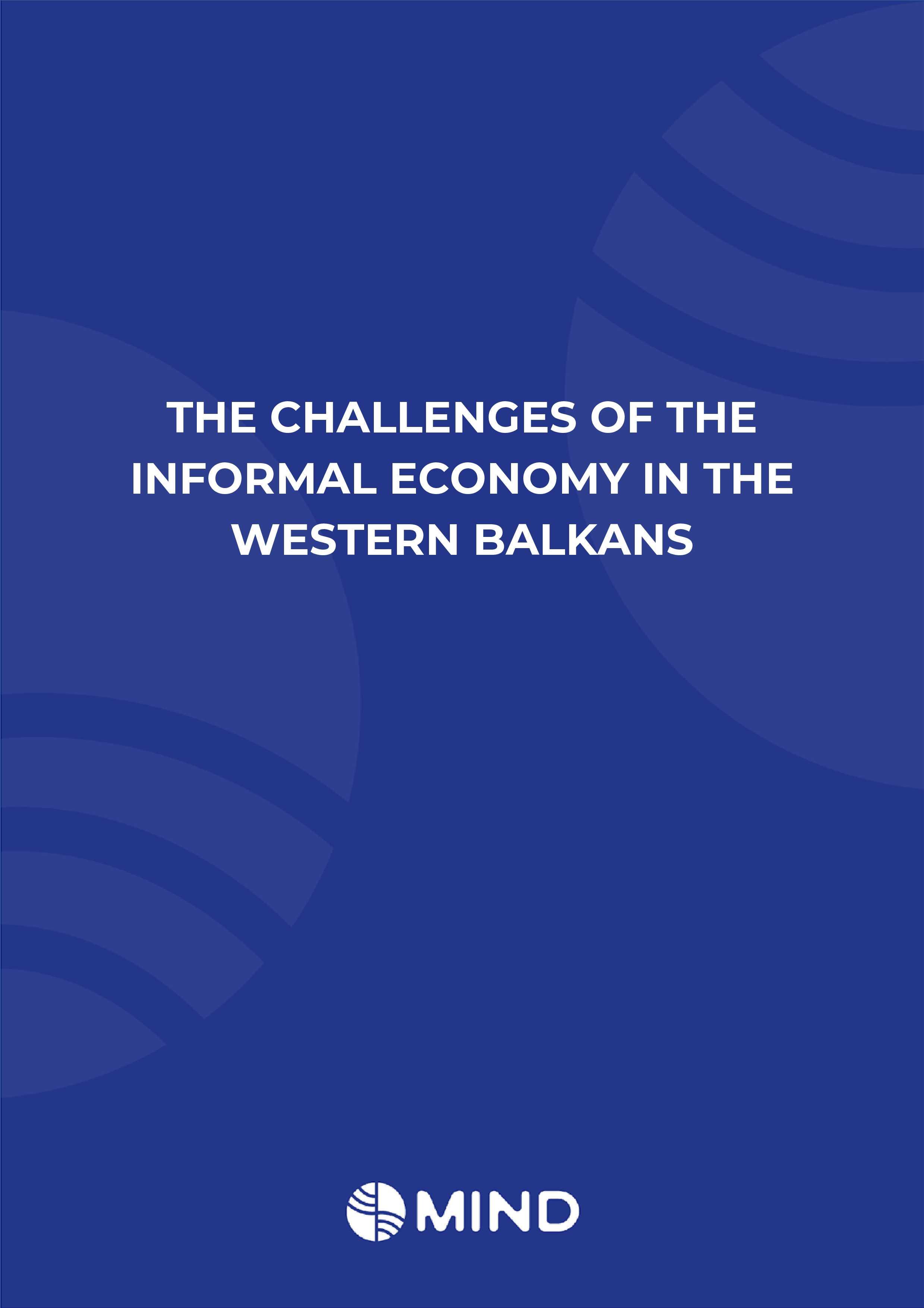
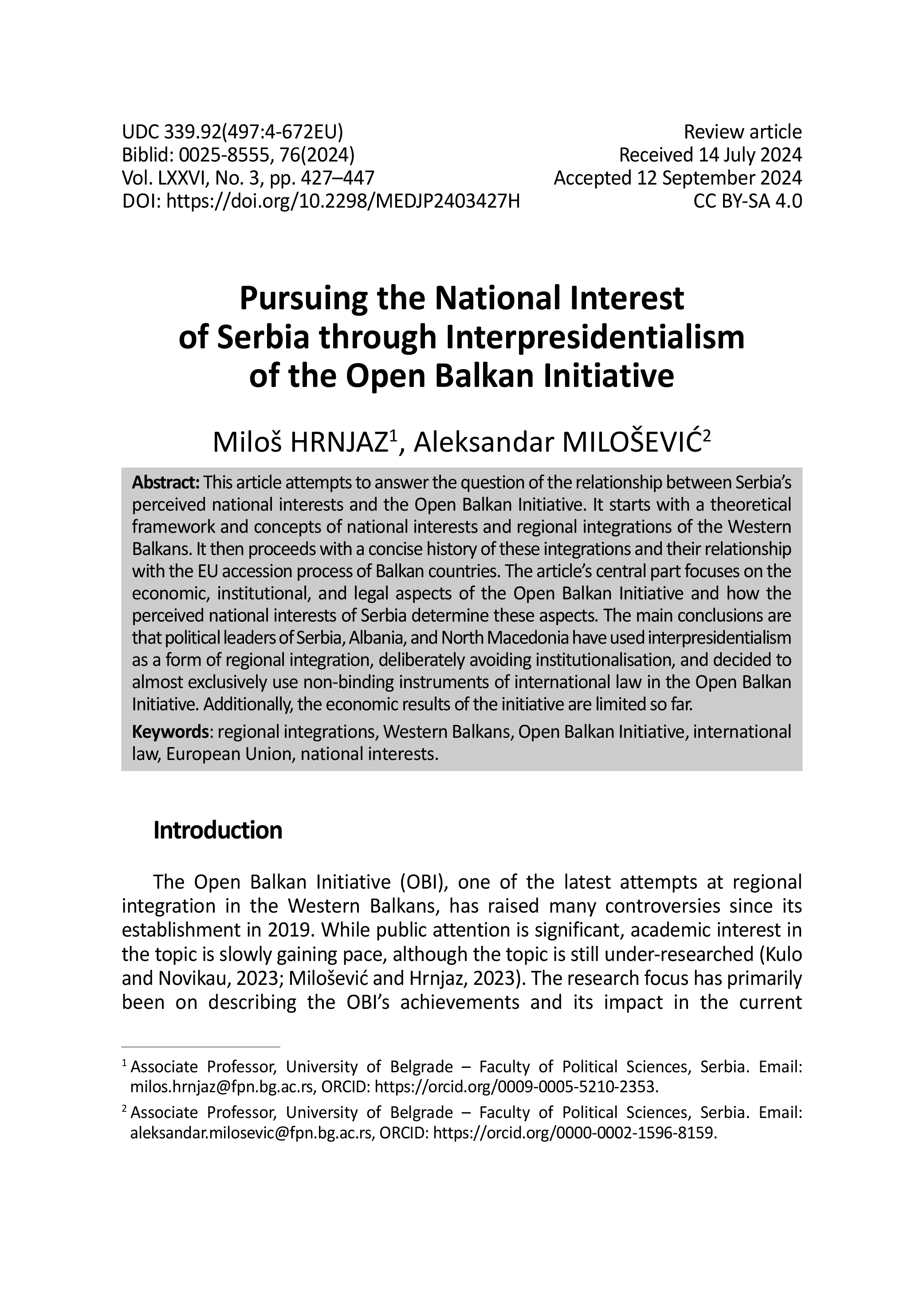
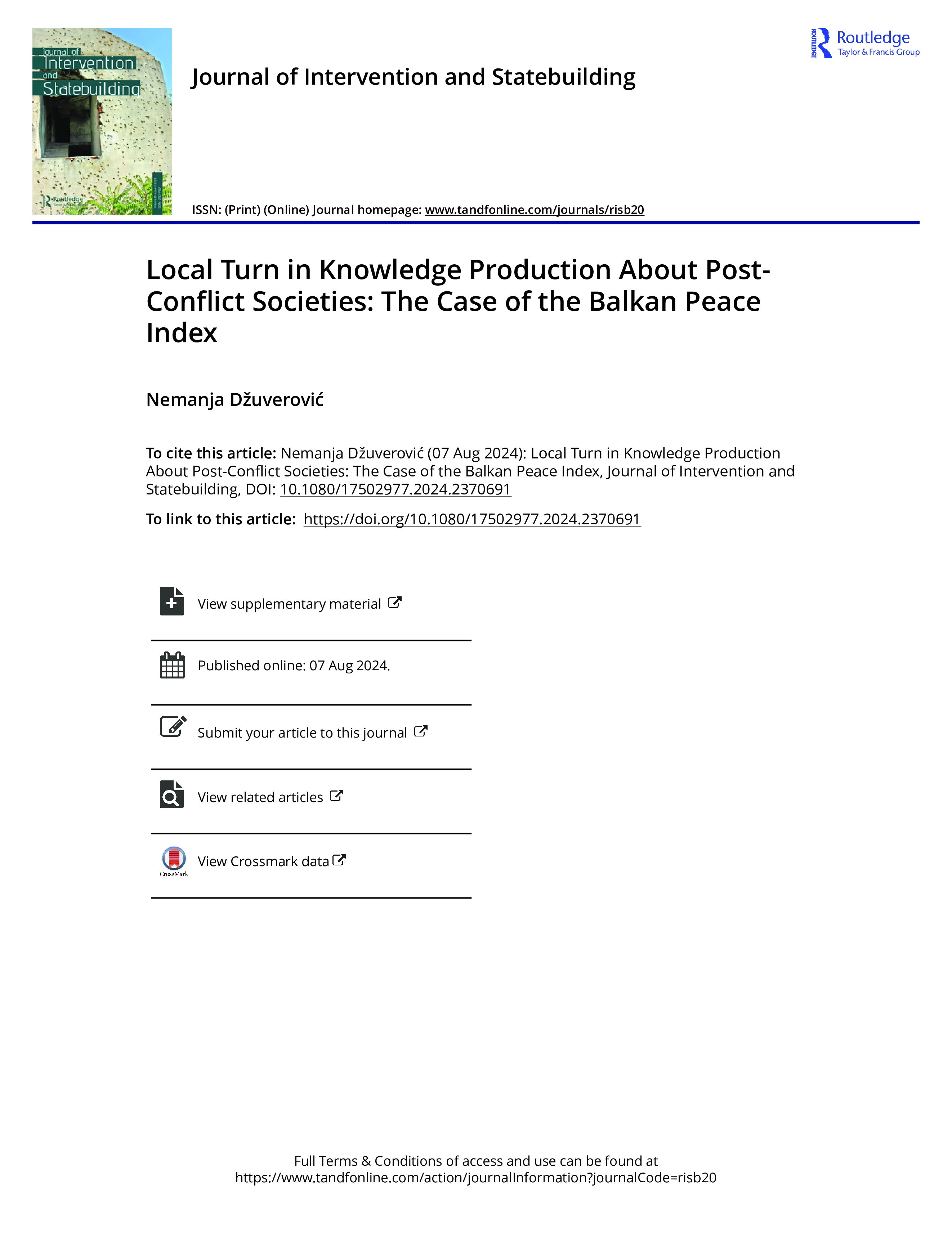
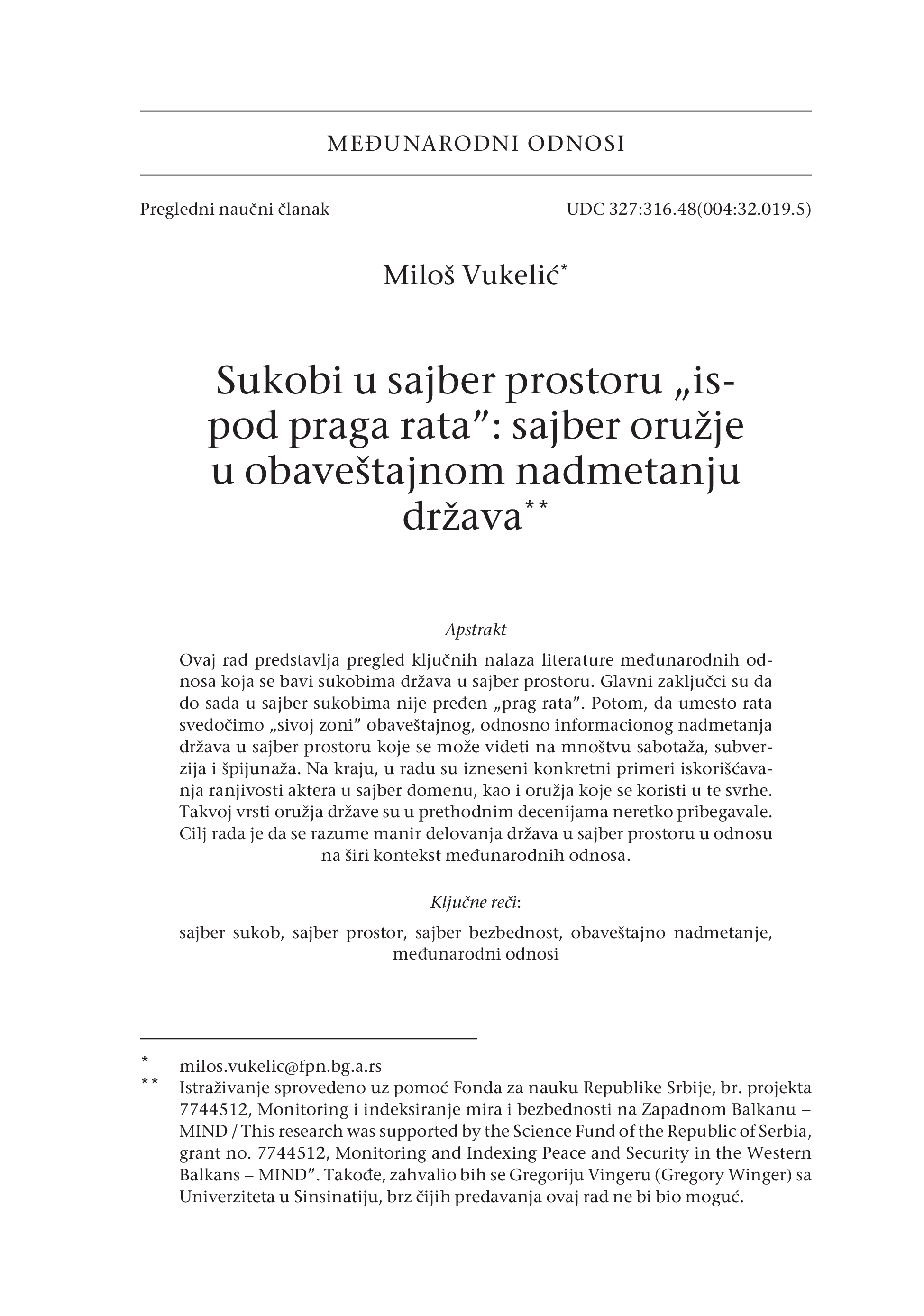
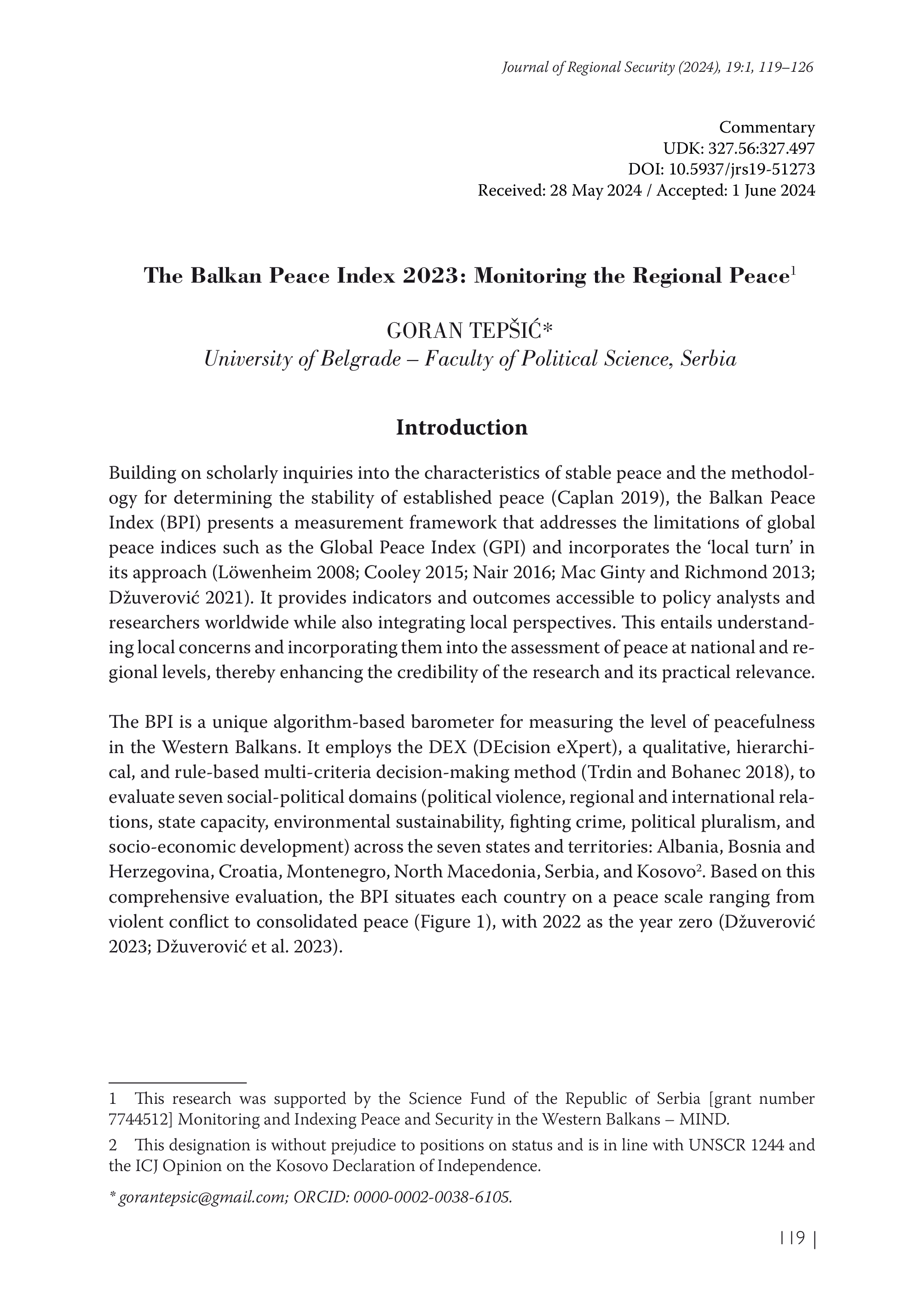
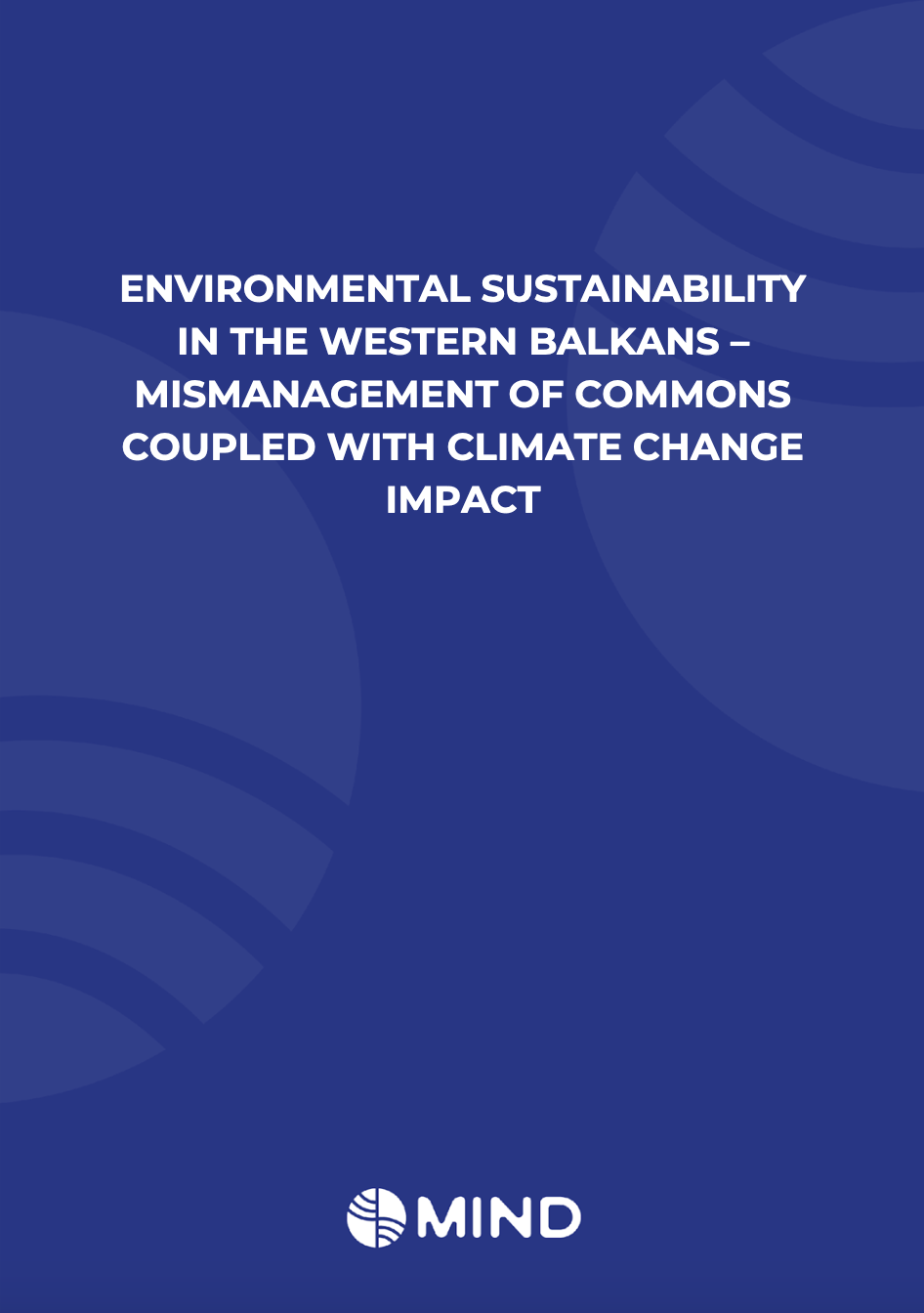

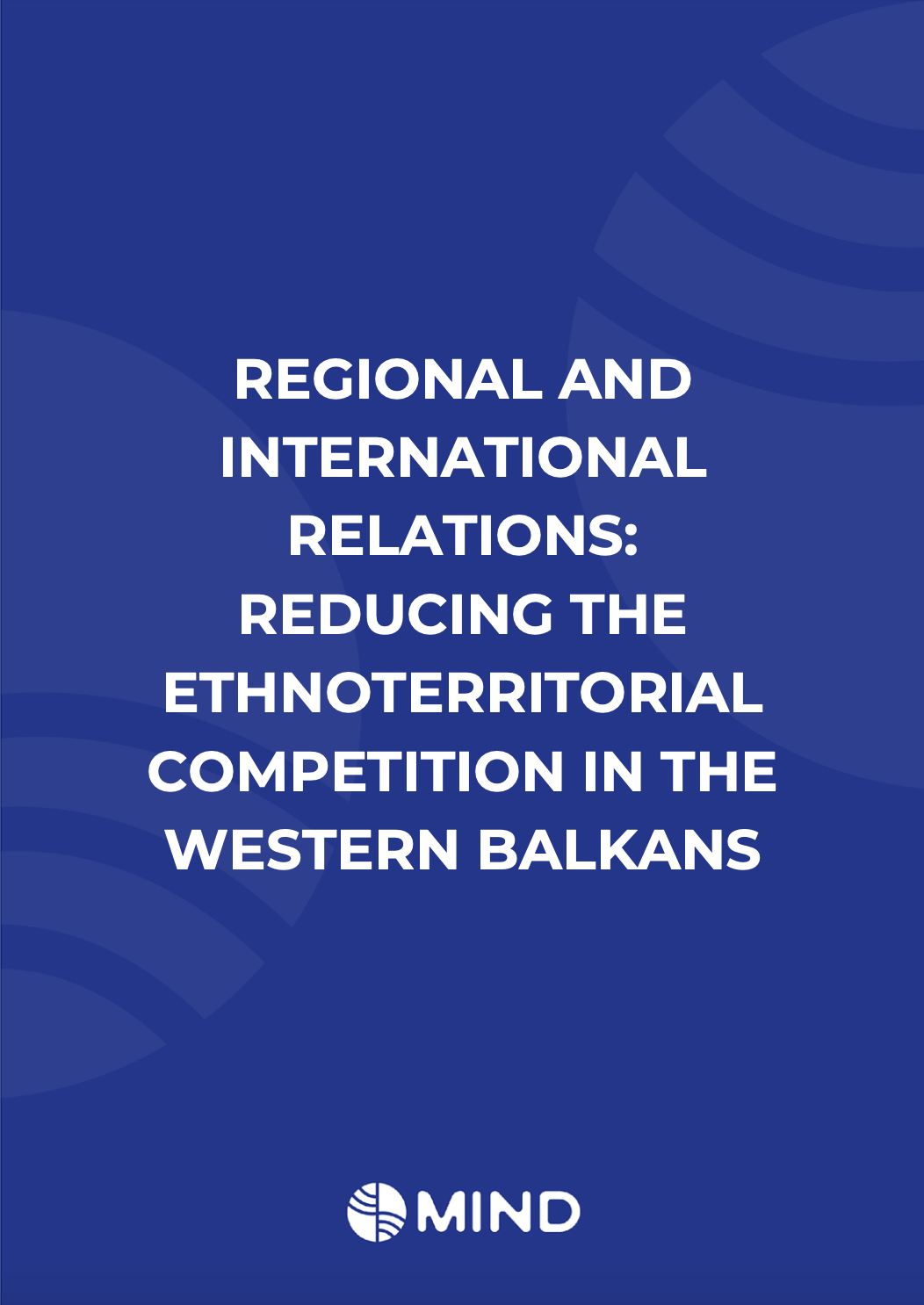
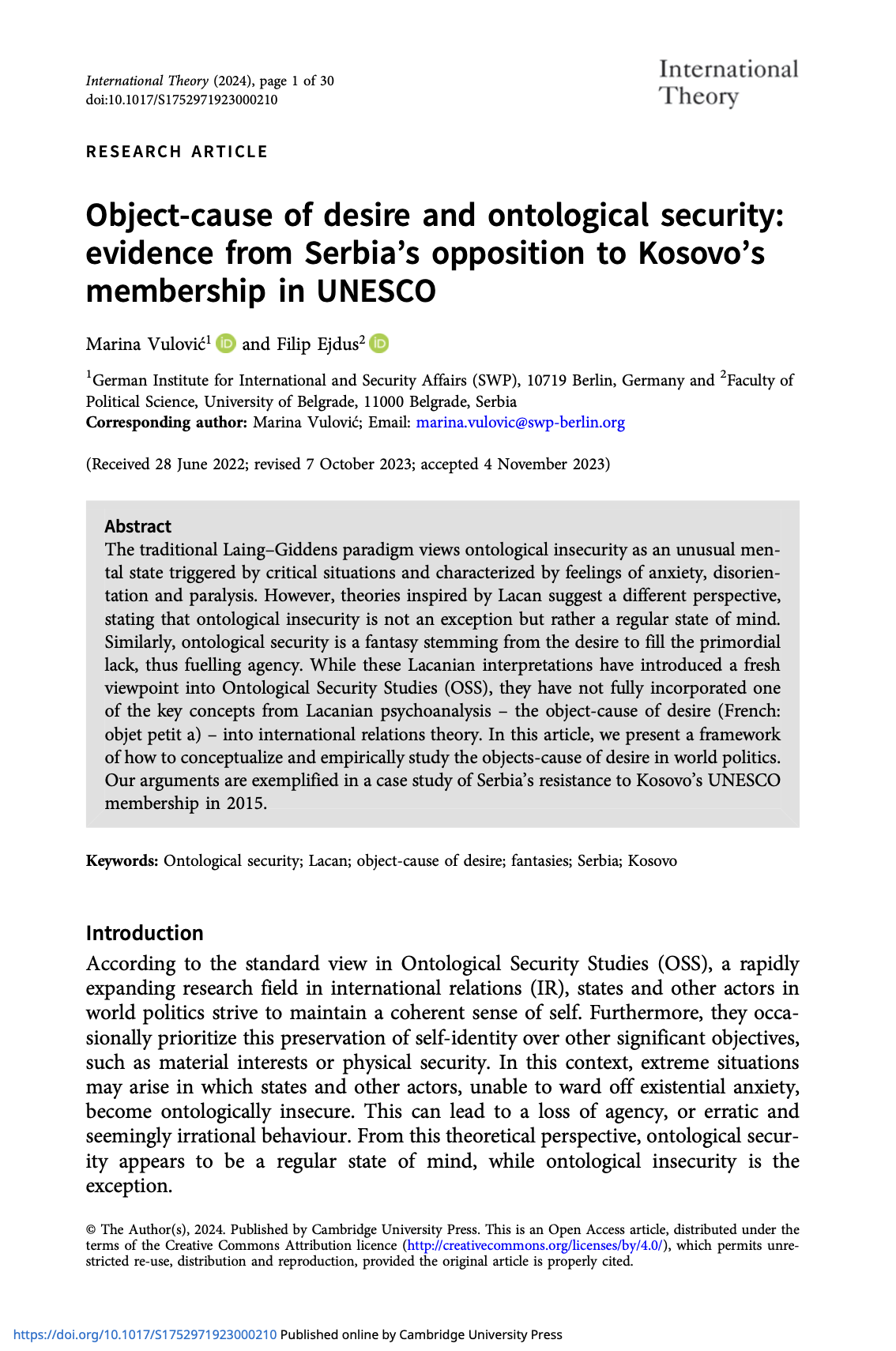
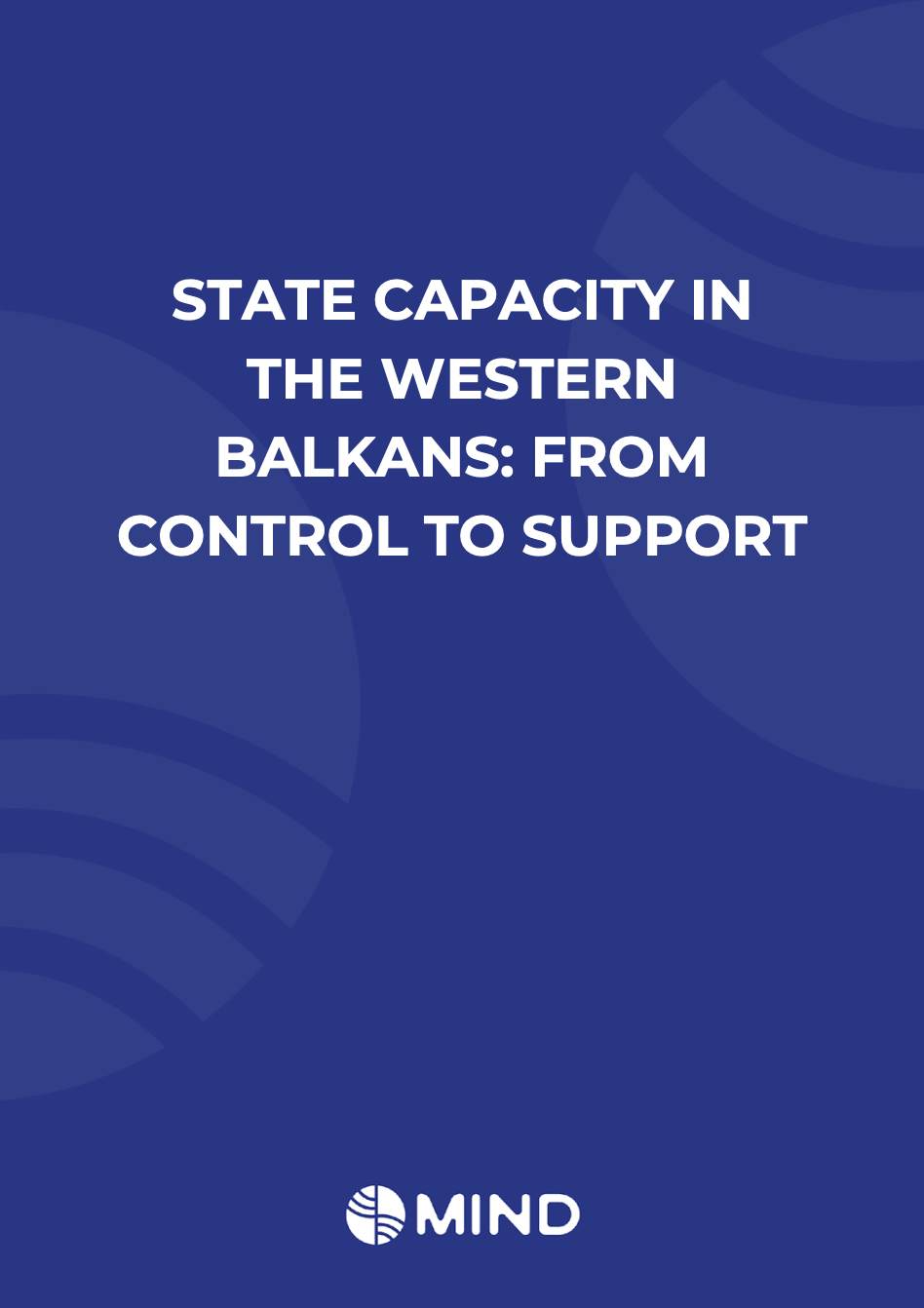

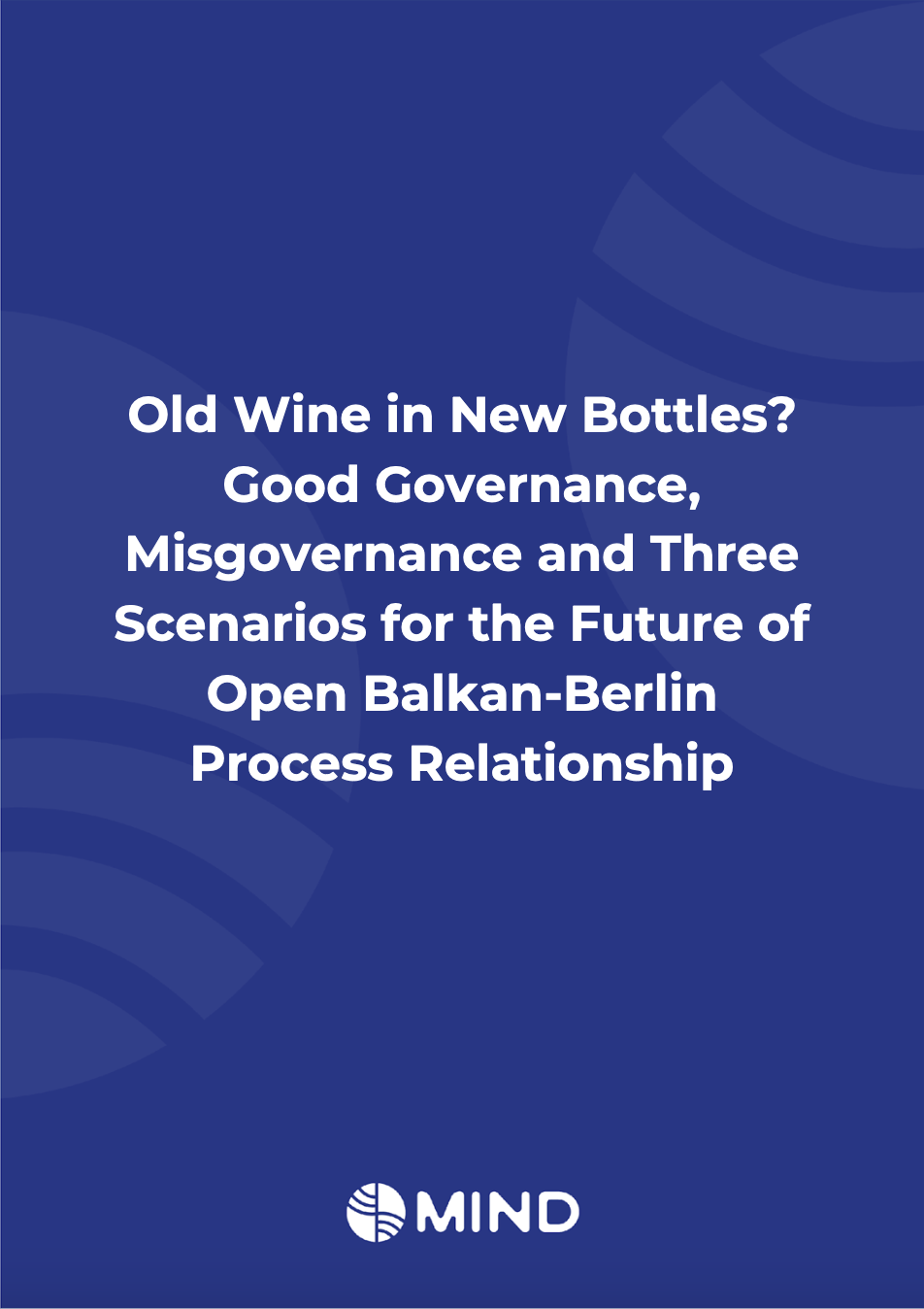
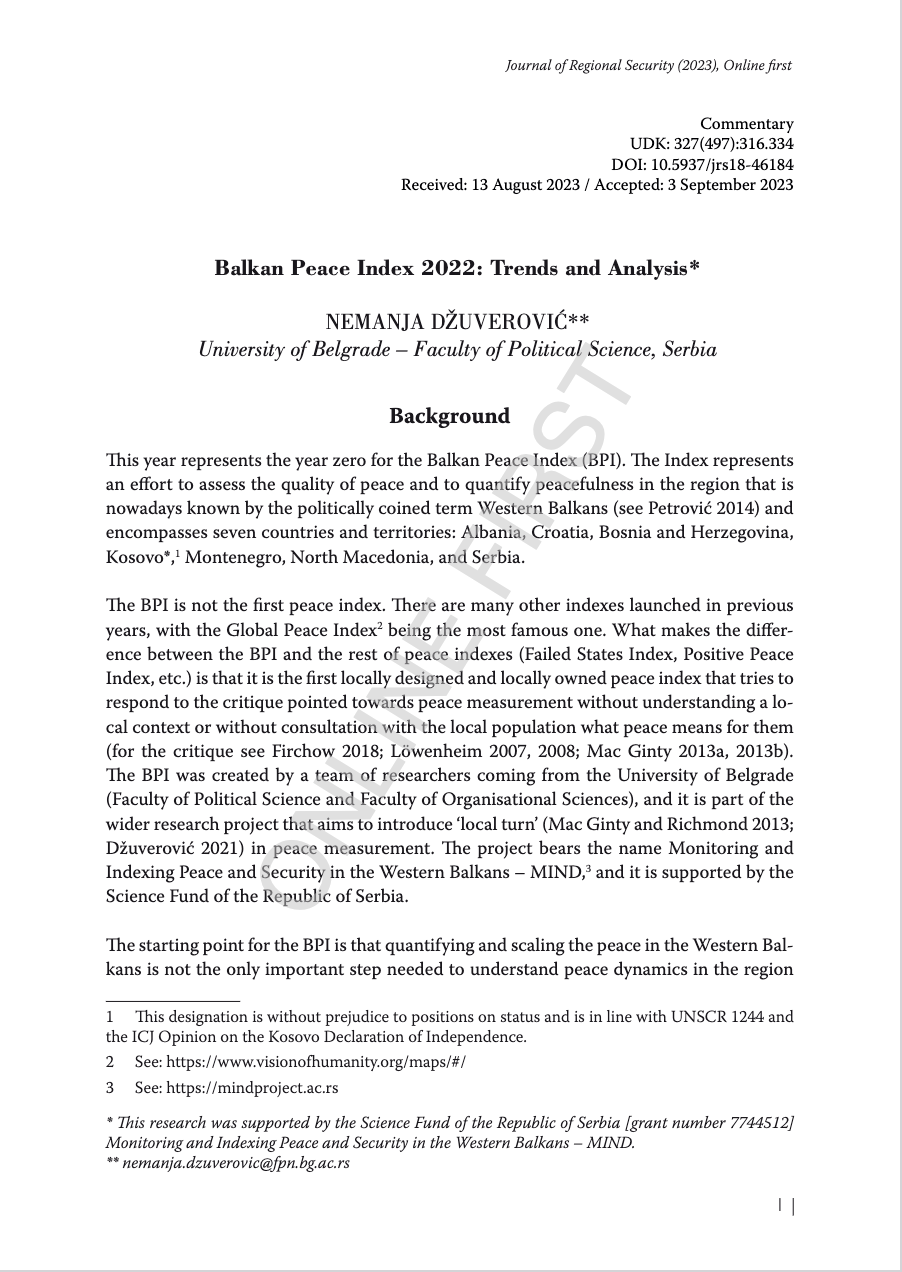
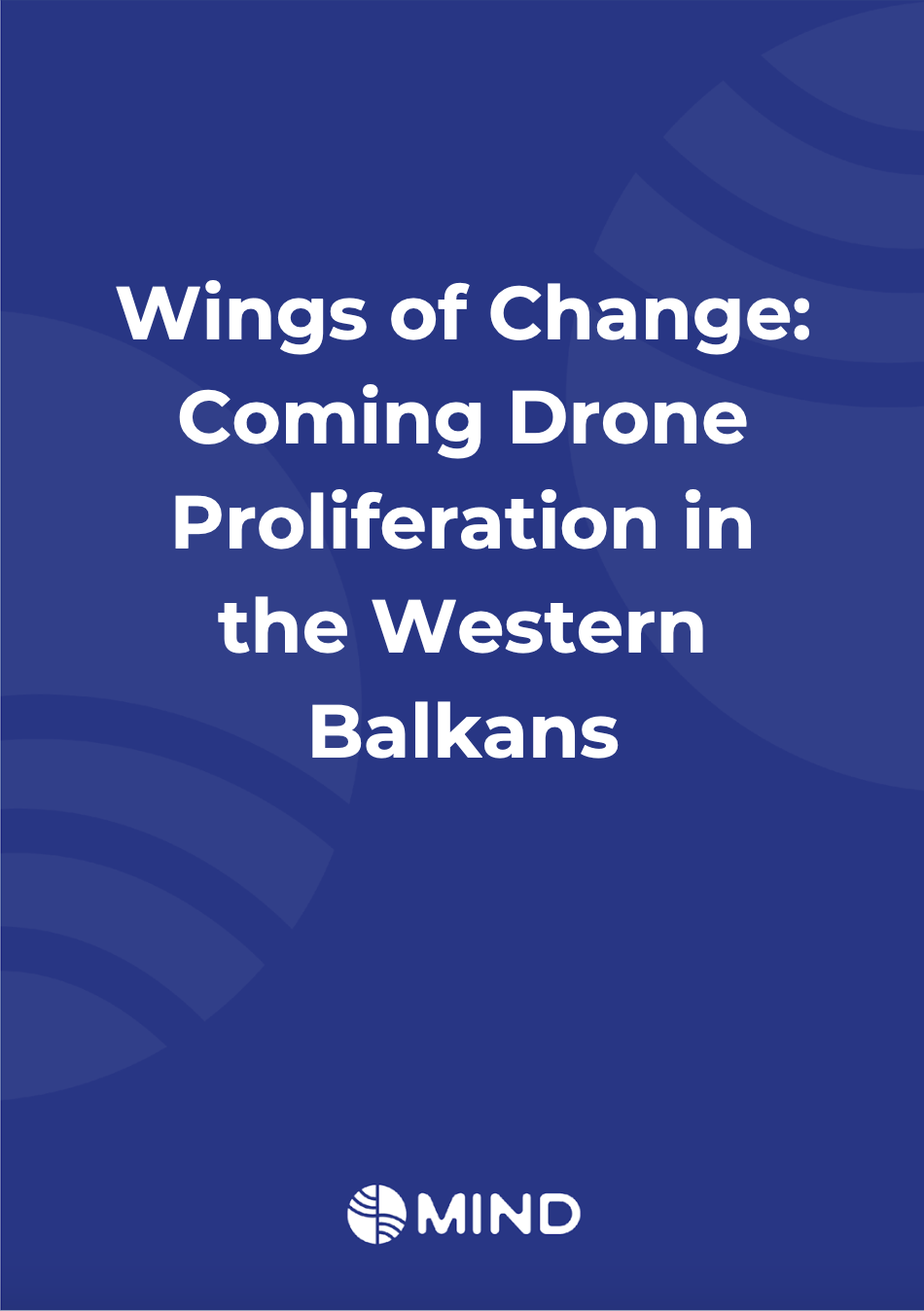

Researchers















